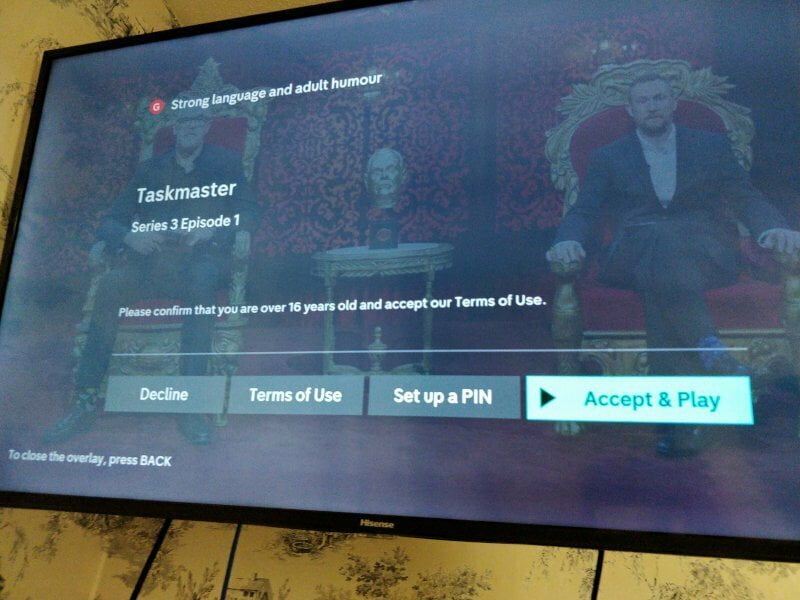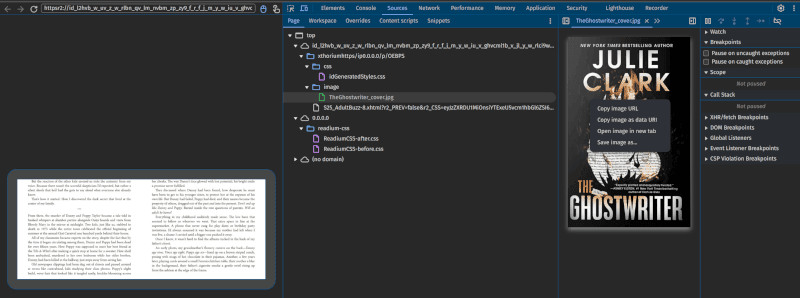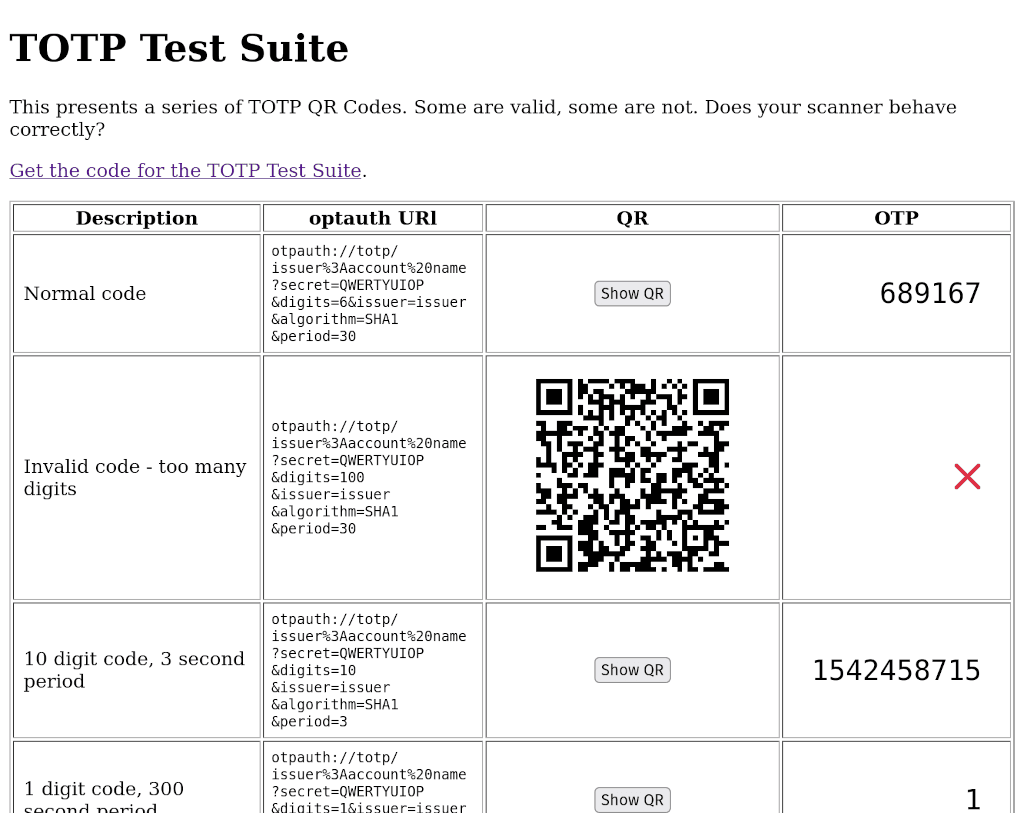Google's Android Sideloading Restrictions: A Pragmatic Balancing Act?

Google's upcoming restrictions on Android sideloading, requiring developer registration, spark a debate between security and freedom. The author argues that while banks and game developers have legitimate reasons to restrict app usage on rooted devices, Google's move might stifle open-source and small developers, questioning its effectiveness in combating fraudulent apps. The piece concludes by posing several questions, pondering the balance between user safety and software freedom.
Read more

















